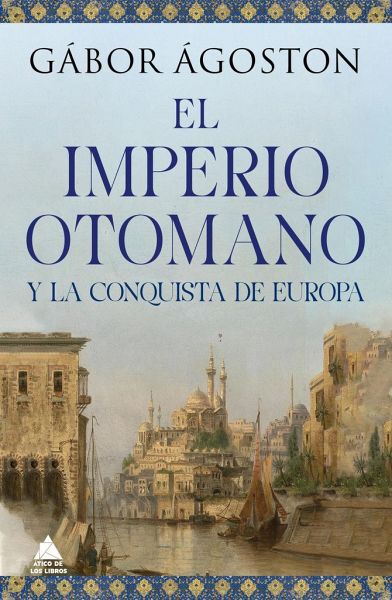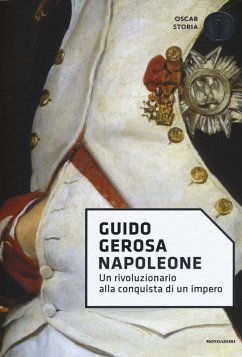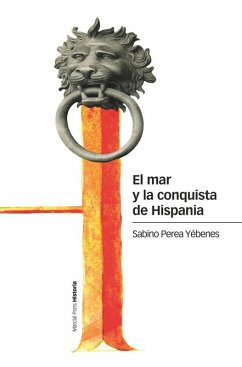
Imperio Otomano, El -Z
Versandkostenfrei!
Versandfertig in über 4 Wochen
36,99 €
inkl. MwSt.

PAYBACK Punkte
18 °P sammeln!
El Imperio otomano, una potencia mundial y europeaDurante mucho tiempo se ha considerado a los otomanos como déspotas que conquistaban por mero poderío militar, una entidad esencialmente asiática desprovista de genuino carácter europeo. Pero ¿cómo puede esto ser cierto de un imperio cuya capital era la antigua Constantinopla, cuyos soberanos se autodenominaron 'césares de Roma' y cuyos dominios abarcaban una vasta extensión de Europa?En este monumental libro, Gábor Ágoston nos muestra la épica historia otomana, desde el asombroso ascenso al poder de la dinastía a finales del siglo ...
El Imperio otomano, una potencia mundial y europeaDurante mucho tiempo se ha considerado a los otomanos como déspotas que conquistaban por mero poderío militar, una entidad esencialmente asiática desprovista de genuino carácter europeo. Pero ¿cómo puede esto ser cierto de un imperio cuya capital era la antigua Constantinopla, cuyos soberanos se autodenominaron 'césares de Roma' y cuyos dominios abarcaban una vasta extensión de Europa?En este monumental libro, Gábor Ágoston nos muestra la épica historia otomana, desde el asombroso ascenso al poder de la dinastía a finales del siglo xiv hasta el sitio de Viena en 1683, que puso fin a sus guerras de conquista en Europa central. Desde la rivalidad con los Habsburgo, pasando por las intrigas de sultanes, reyes o papas, hasta el fragor de batallas legendarias como la de Lepanto, Ágoston hace que la historia de Europa cobre vida ante nuestros ojos desde una perspectiva completamente nueva y original.Profundo, fundamentado y cautivador, El Imperio otomano y la conquista de Europa nos brinda una visión novedosa del que fue uno de los grandes imperios de Europa y lo devuelve a su justo lugar en la historia del continente, demostrando su importante papel en el nacimiento de la Europa moderna.












